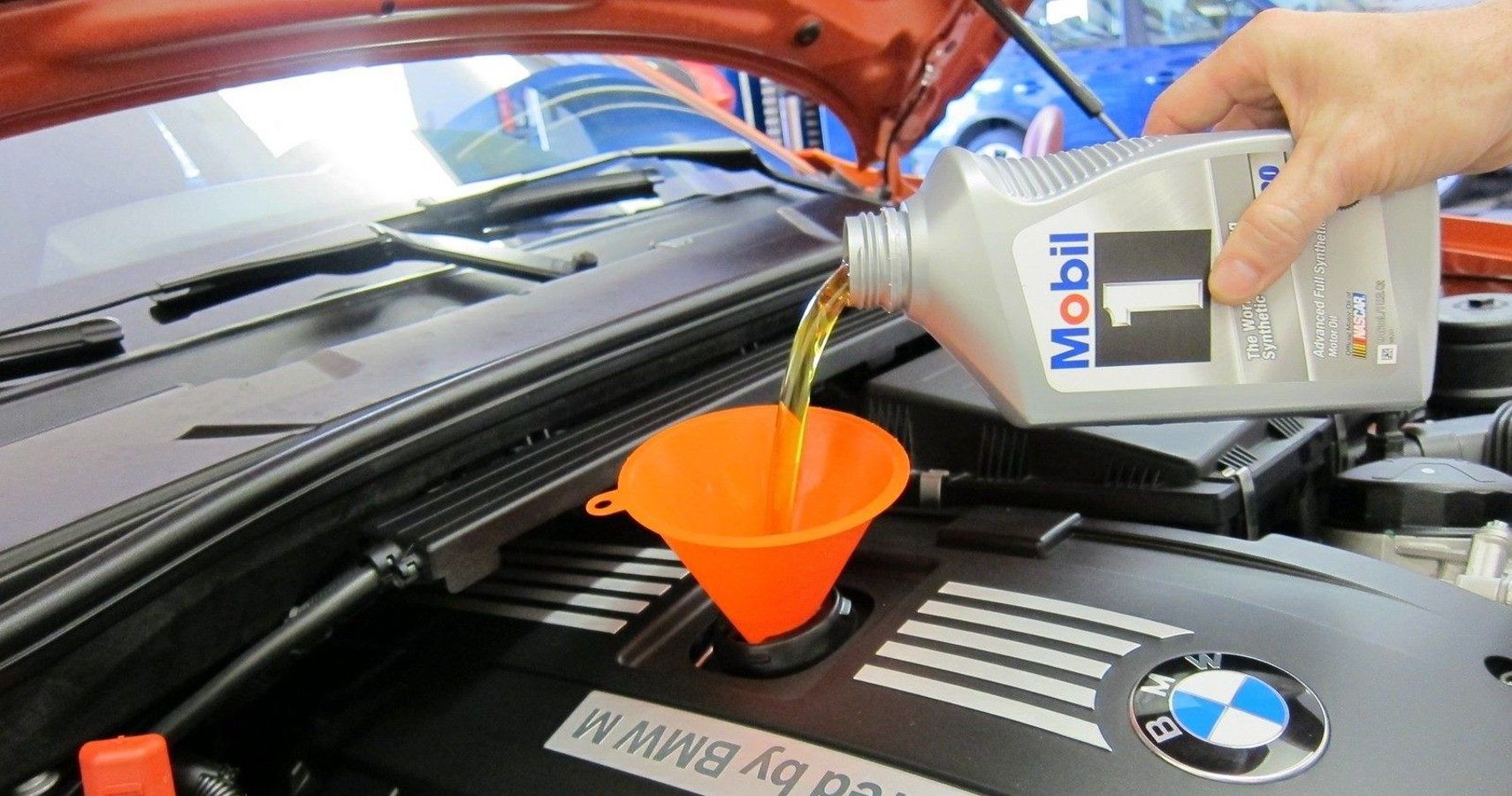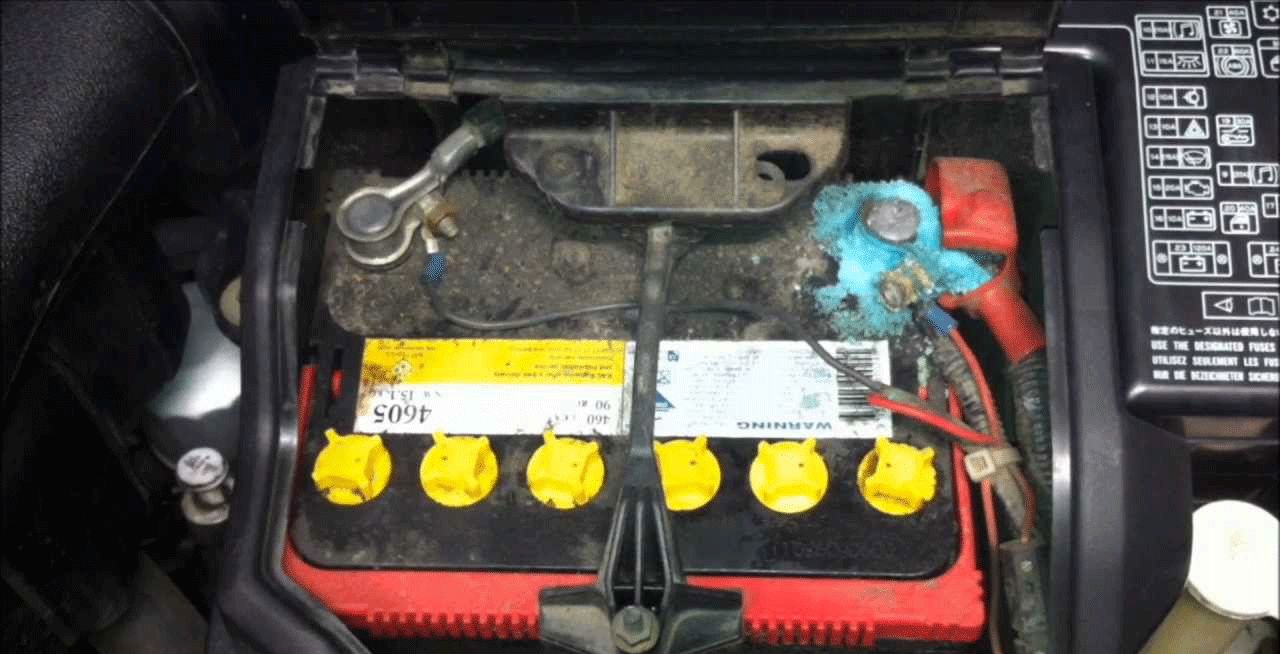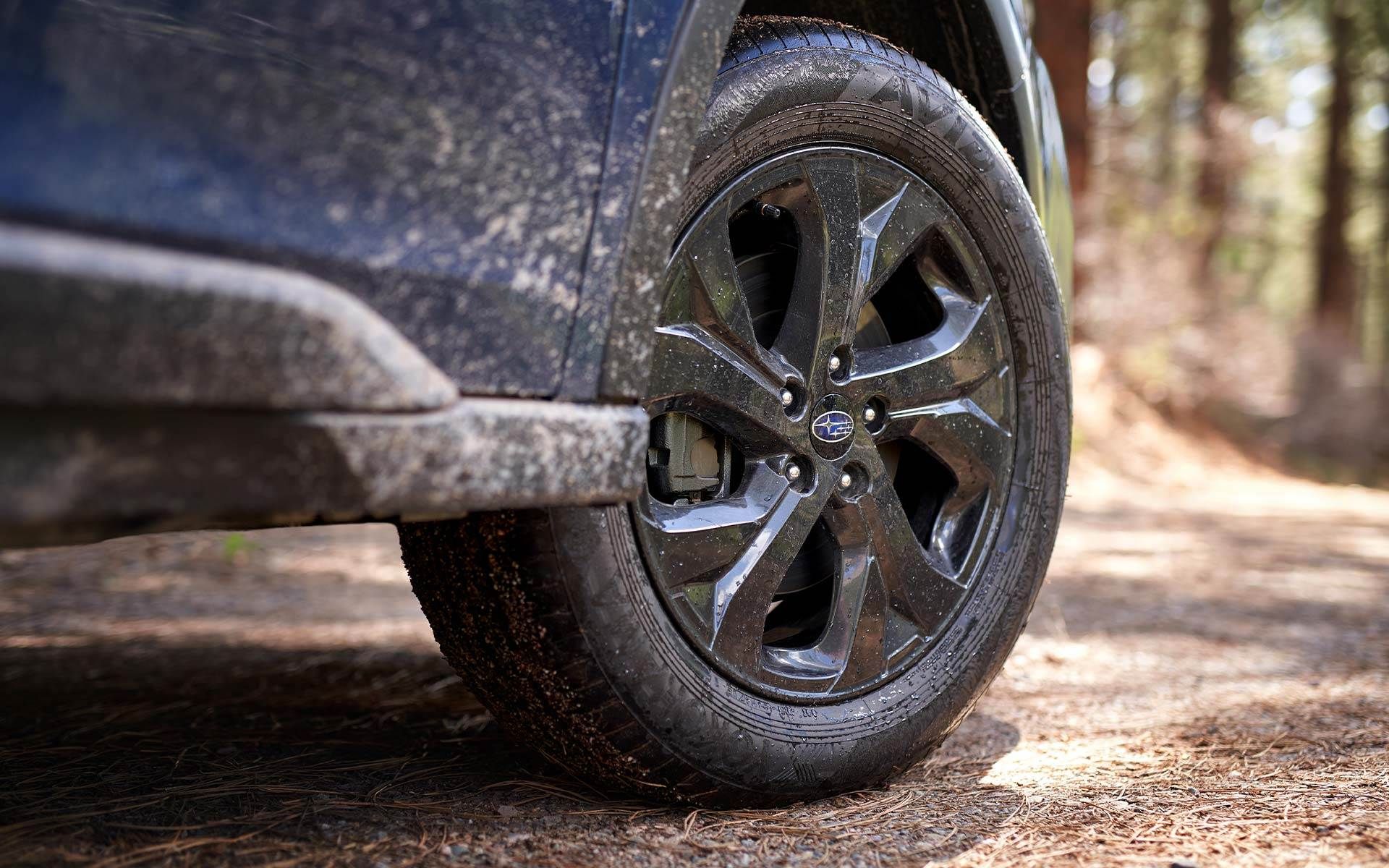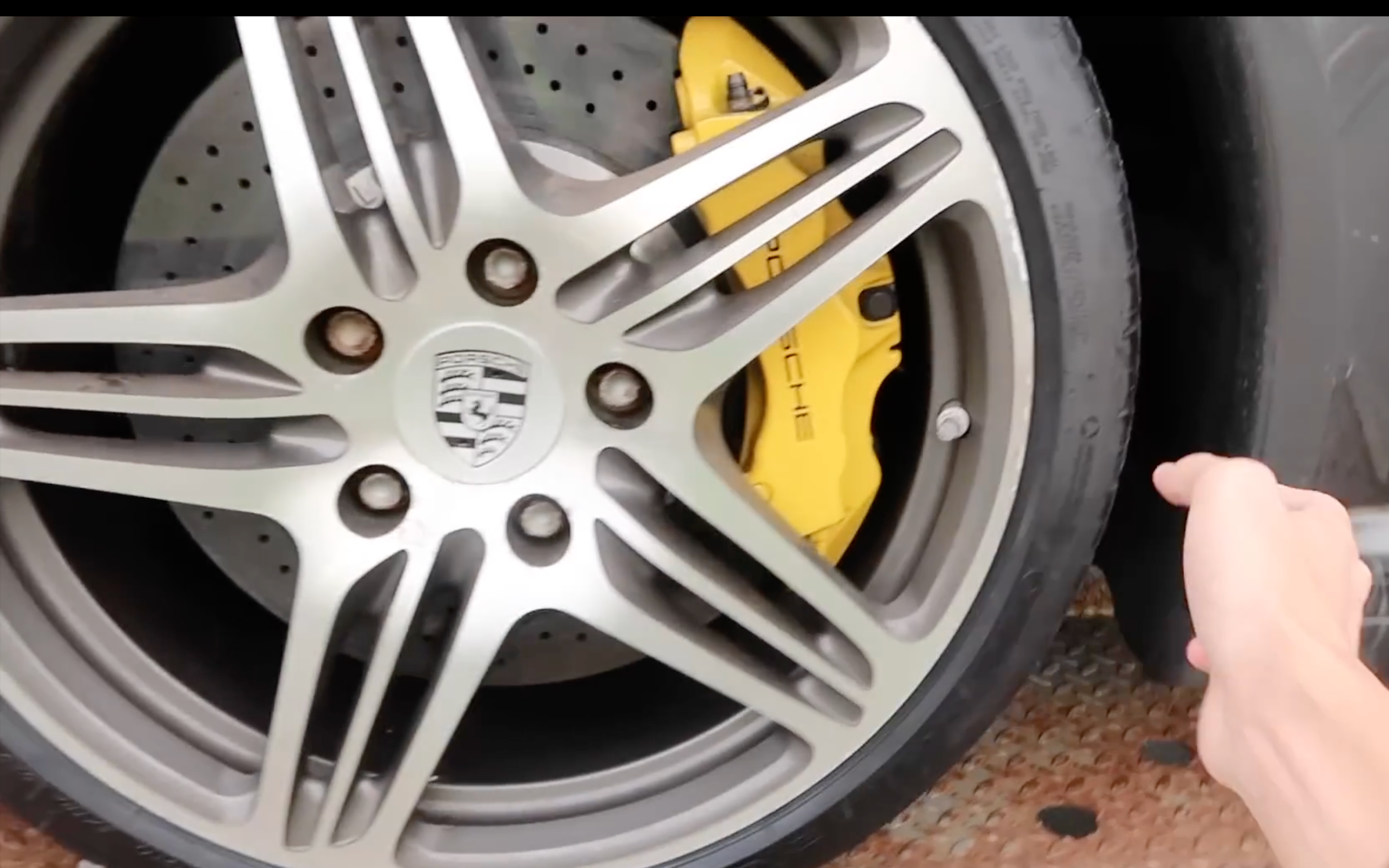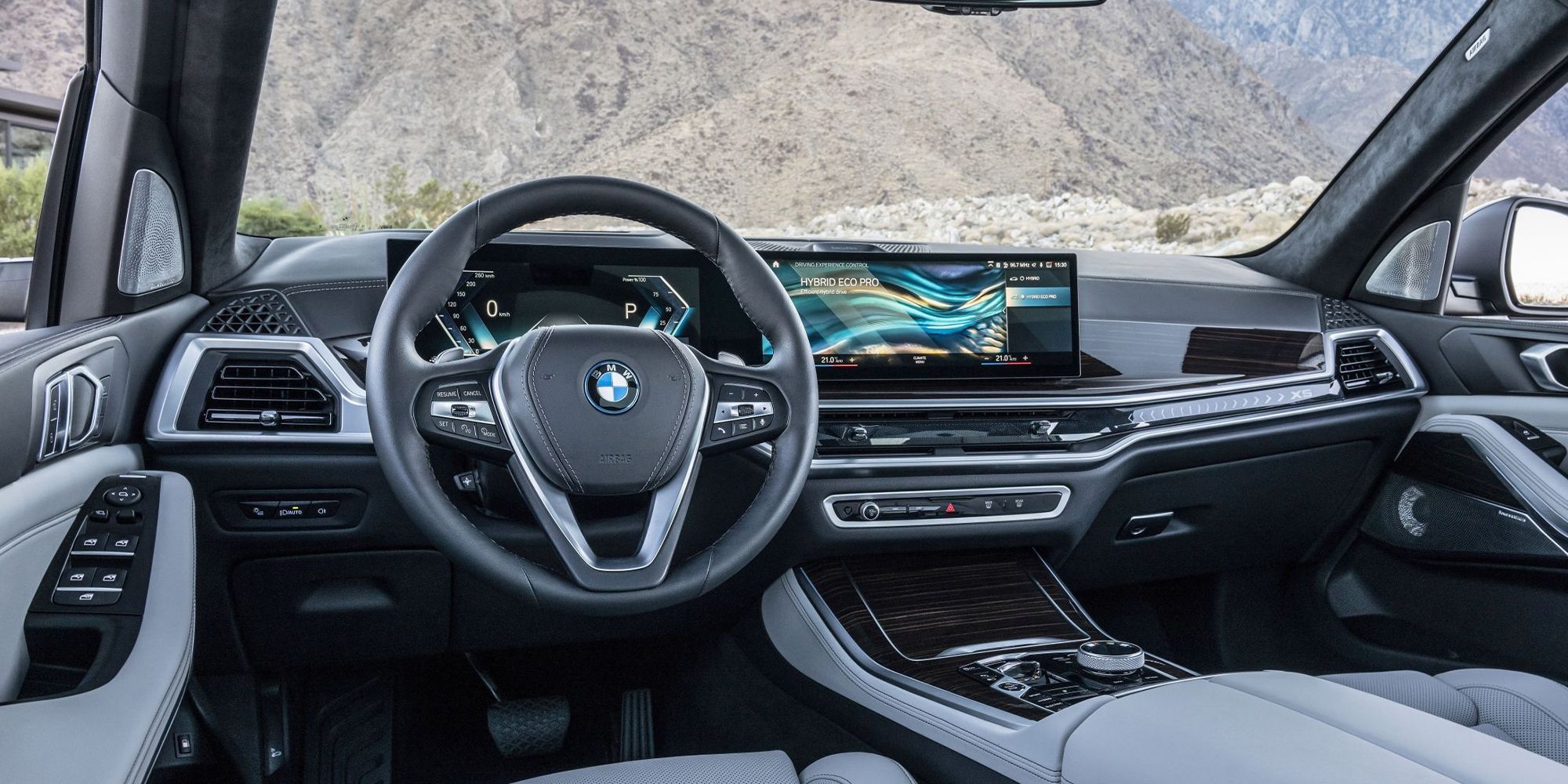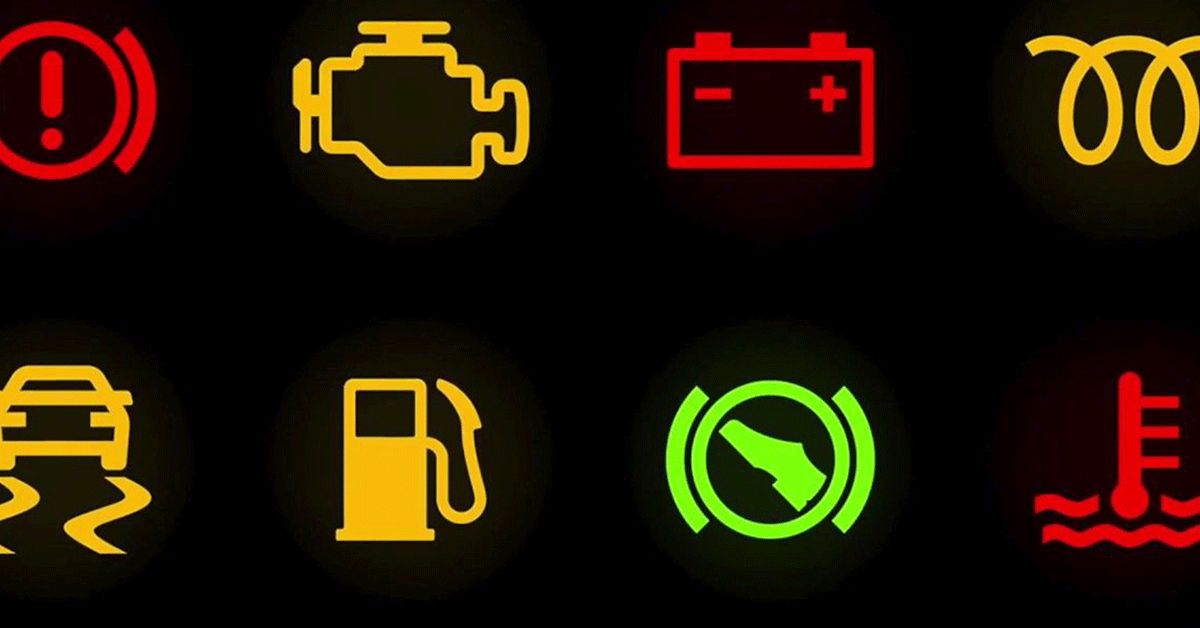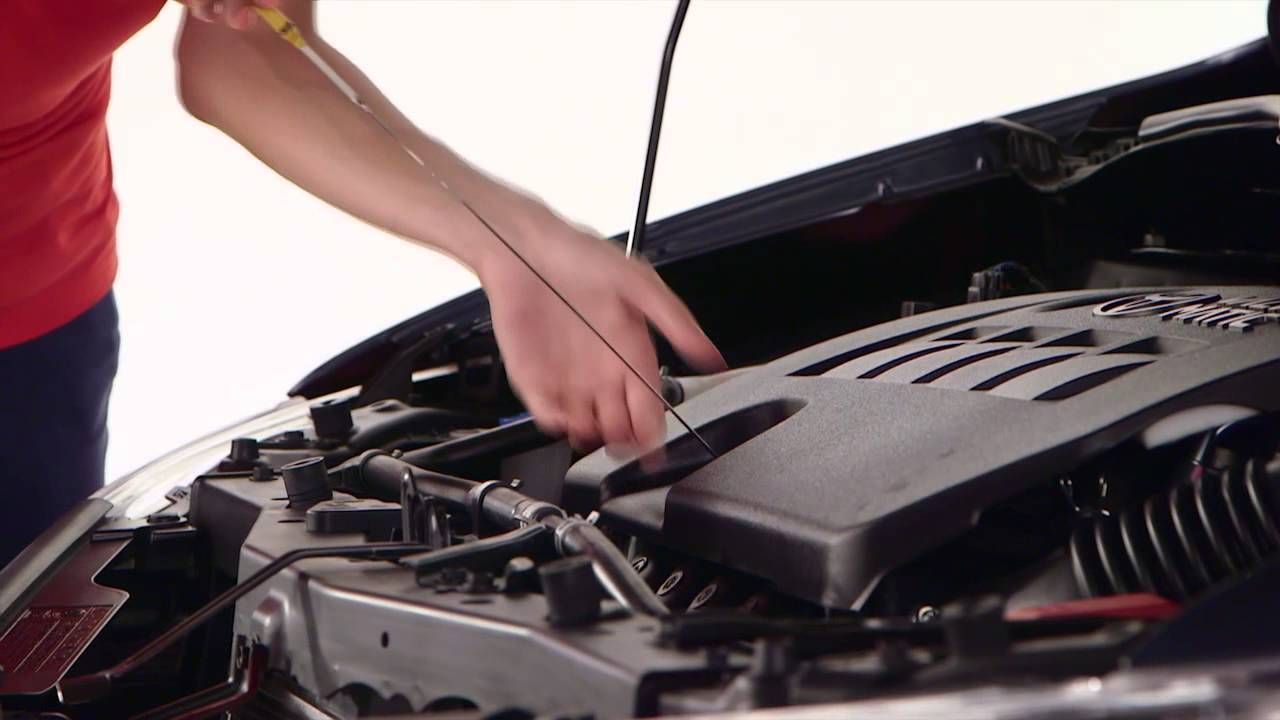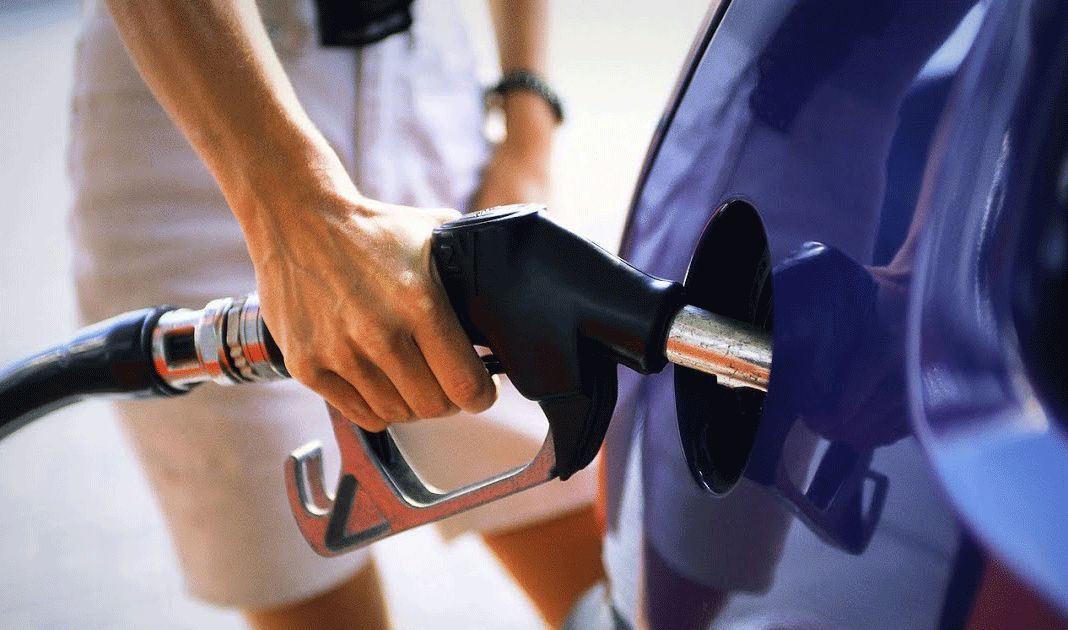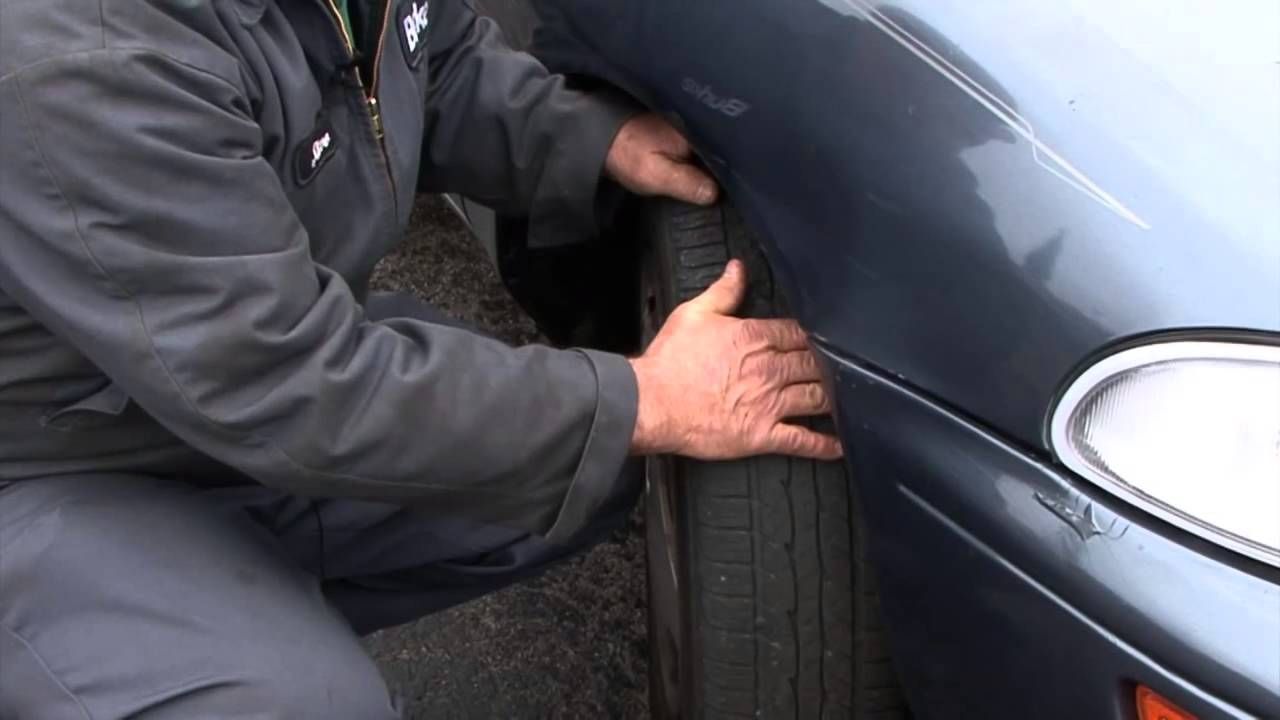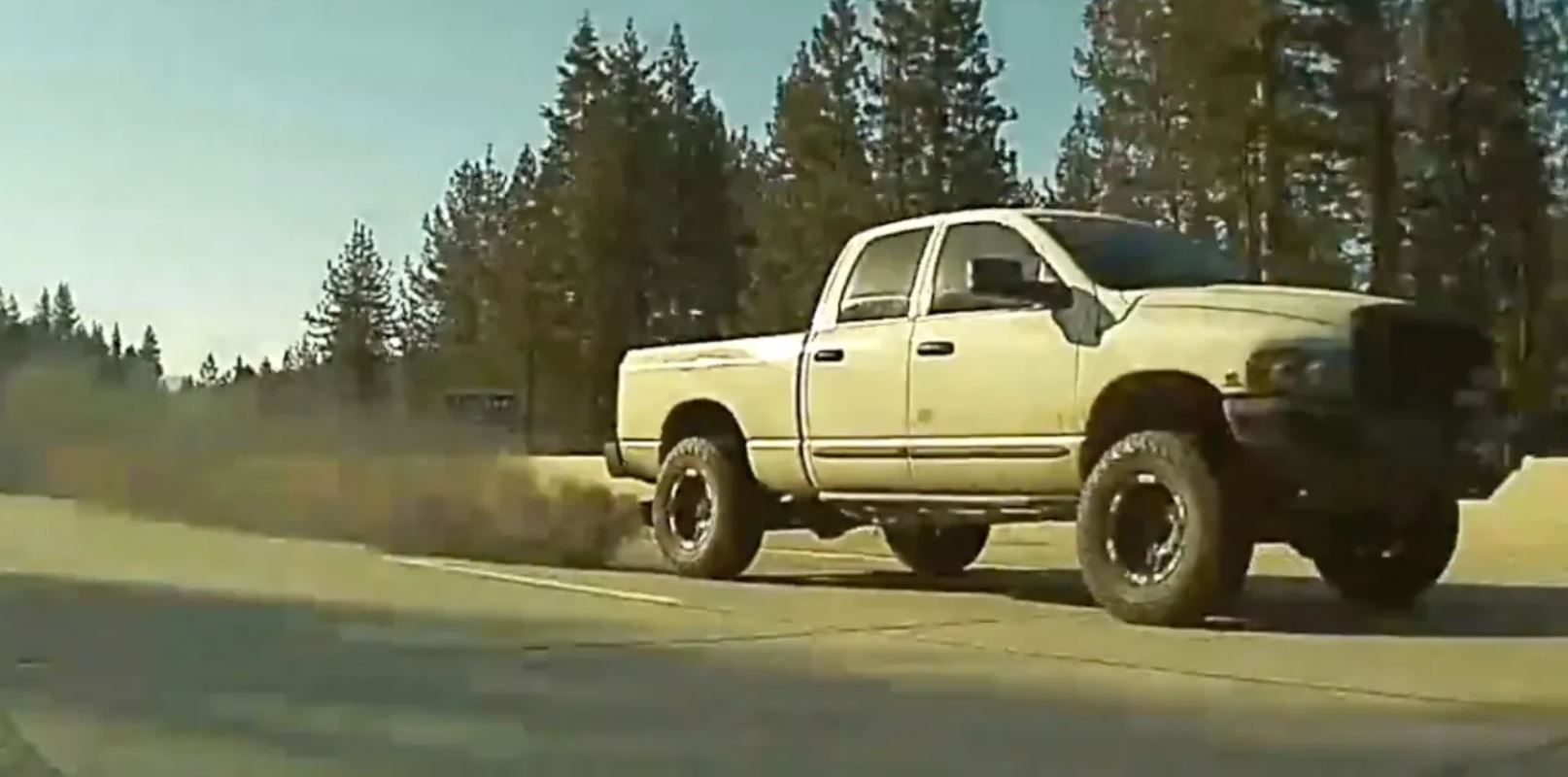One of the downsides of owning a car are the costs incurred in regular maintenance and repair bills. Some are expensive, while others are cheap, depending on how reliable the car or the brand is. It doesn’t matter whether it is a classic, used, or a new car, all vehicles develop problems from time to time.
However, according to Car Complaints, newer cars develop fewer problems than used cars. From Car Complaints’ research data, for example, cars produced in 2007 had 82,408 issues reported compared to 343 problems for those made in 2022. Although modern-day cars are more robust, there are common problems reported by both new and used car owners. According to Car Complaints’ survey for vehicles produced since 2001, most issues affect the engine and engine cooling, with 160,024 reported problems, followed by electrical system faults, with 151,755 cases reported.
It is, therefore, essential to identify the most common problems for every driver or car owner. Luckily, we have done the research on your behalf to bring you the 10 most reported car problems and solutions on how to fix them.
10 Overheating Engine
An overheating engine is arguably the most common car problem, especially in old cars. Chances are that you’ve encountered a car pulled over on the road’s shoulder with smoke emanating from the engine due to overheating. Normally, the combustion process produces extreme heat, and the cooling system (radiator and coolants) is responsible for ensuring the engine runs at its optimum temperature. When overheating happens, it could be a signal for a severe engine problem. Troubleshooting this particular car problem is pretty easy.
Check the coolant level first and add a fresh batch if it's low. Next, check for any signs of coolant leaks throughout the cooling system. Finally, ensure the radiator and the radiator fans are all working. If any of these doesn’t work, it could be a sign of a non-functioning thermostat, damaged water pump, or bad hoses. Consult your mechanic and replace any damaged parts if needed.
9 Dead Car Battery
Although modern car batteries should last for about 50,000 miles, battery issues are among the most reported car complaints. A dead or discharged battery is pretty common, even for new cars. While there are several reasons for a dead battery, common causes include leaving electricals on, corrosion on terminals, old battery, defective alternator, and faulty charging, among others.
A dead battery renders your car undrivable as it won’t crank the engine. Luckily, there are some DIY car repair tips and tricks for a dead or discharged battery. The most common solution is jump-starting your car with a donor car. Alternatively, you can remove the battery for secondary charging to regain its juice. If any of these solutions fail, consider replacing your battery with a new one.
8 Car Paint Fading And Chipping
If you normally park your car out in the open, high odds are that your car will develop paint problems like fading and chipping in different sections around the car, which is also common in old cars. Primary causes for this include harsh cleaning, corrosion, using low-quality cleaning agents, and ultraviolet rays from prolonged exposure to the sun.
Preventive measures include using high-grade coating kits to preserve your car’s natural shade and using quality car parking shades or covers. If the fading is severe, visit an experienced car body shop for a complete body paint, and your car will look as good as new.
7 Squeaking/Grinding Brakes
Breaks are the force behind bringing a car to a complete halt. It is, therefore, important to keep them fully functional. Any high-pitched squealing or squeaking sound from the brakes is a warning signal and calls for help.
Once this happens, your brake pads or brake disks are likely either worn out and need replacement, or they are dirty and require thorough cleaning. Ignoring squeaking brakes is dangerous, as less responsive brakes can easily cause severe accidents.
6 Shaking Steering Wheel
A well-maintained car should have a responsive steering wheel that is easy to turn around and remain stable at all speeds. Therefore, shaky steering indicates worn-out suspension components or damaged wheel bearings. But if it happens at higher speeds, you are looking at wheel balance issues.
One of the most common solutions for troubleshooting a shaky steering wheel problem is having your tires aligned regularly and inflating all wheels with equal tire pressure. If the problem persists, have your mechanic diagnose the wheels and suspension for damaged components.
5 Dashboard Warning Lights
Modern cars have an ECU (Engine Control Unit) with sensors attached to various engine components. Whenever there is an issue with any part, drivers get an error code displayed as a warning light on the dashboard.
While interpreting a dashboard warning light is pretty easy, it is also one of the most dreaded car problems, especially the check engine light caused by various problems such as a damaged catalytic converter, loose gas cap, or faulty oxygen sensor. Whenever you get a serious dashboard warning light, the solution is to consult a professional mechanic with experience in troubleshooting car problems to diagnose your car using a diagnostic tool and repair the faulty component.
4 Excess Oil Consumption
Changing your engine oil regularly is essential as it prevents engine corrosion or blockage of the oil filter. However, if you notice any slight drop off in engine performance, oil warning light, or the car getting thirstier than usual for fresh oil, there is a problem.
To prevent this, ensure that you change your oil and oil filter per the manufacturer's instructions – about every 5,000-7,500 miles. Additionally, avoid filling your car with poor quality oils.
3 Poor Fuel Efficiency
Although aggressive driving is among the leading causes of inferior fuel economy, a poorly serviced car will make your engine thirstier than normal. This is caused by dirty, clogged, or faulty air filters, fuel filters, spark plugs, mass airflow sensors, and O2 sensors.
Routine servicing and maintenance of these parts will restore your engine to excellent working conditions. Ensure such parts get comprehensively cleaned or replaced at every service interval, and your car’s regular fuel economy will get back on track.
2 Uneven Tire Wear
If, after doing a significant number of road trips or daily drives, you begin to notice uneven tire wear, where tread wear in one tire doesn’t match the other tires, it means your car has a problem with wheel balancing. In most cases, the front wheels are prone to wear out quicker as they get subjected to more pressure and weight offset.
The solution to this problem is getting your wheels balanced immediately to prevent any driving mishaps. You can alternatively switch the worn-out tire with the spare one to reduce extreme tire wear.
1 Smoke From The Exhaust
A running engine produces exhaust gases which are often colorless except during the winter. However, when your tailpipe starts producing excessive smoke, that’s a signal for an extreme engine problem. The color and smell gives a hint of the likely problem in your engine.
White or gray smoke indicates a leaking coolant. Thick blue smoke is a sign of worn-out piston rings or leaking valve seals, allowing oil into the combustion chamber, while black smoke means the engine is burning excessive fuel due to leaking fuel injectors or faulty fuel pressure regulator. The solution is to get a comprehensive diagnostic from a specialized mechanic.
Sources: Your Mechanic, Car Complaints, Go Mechanic, Mechanic Base Spinny, and Auto Express

